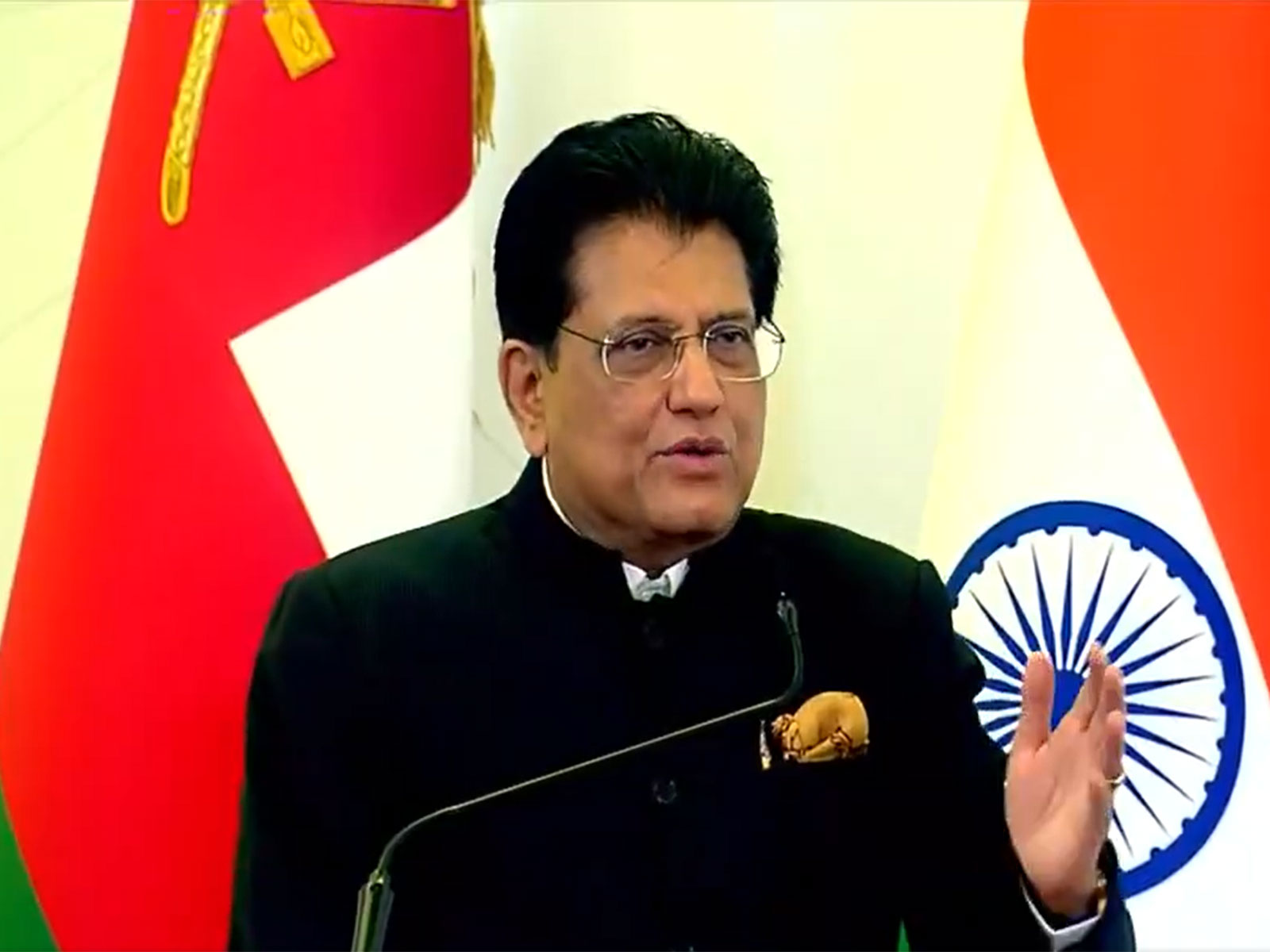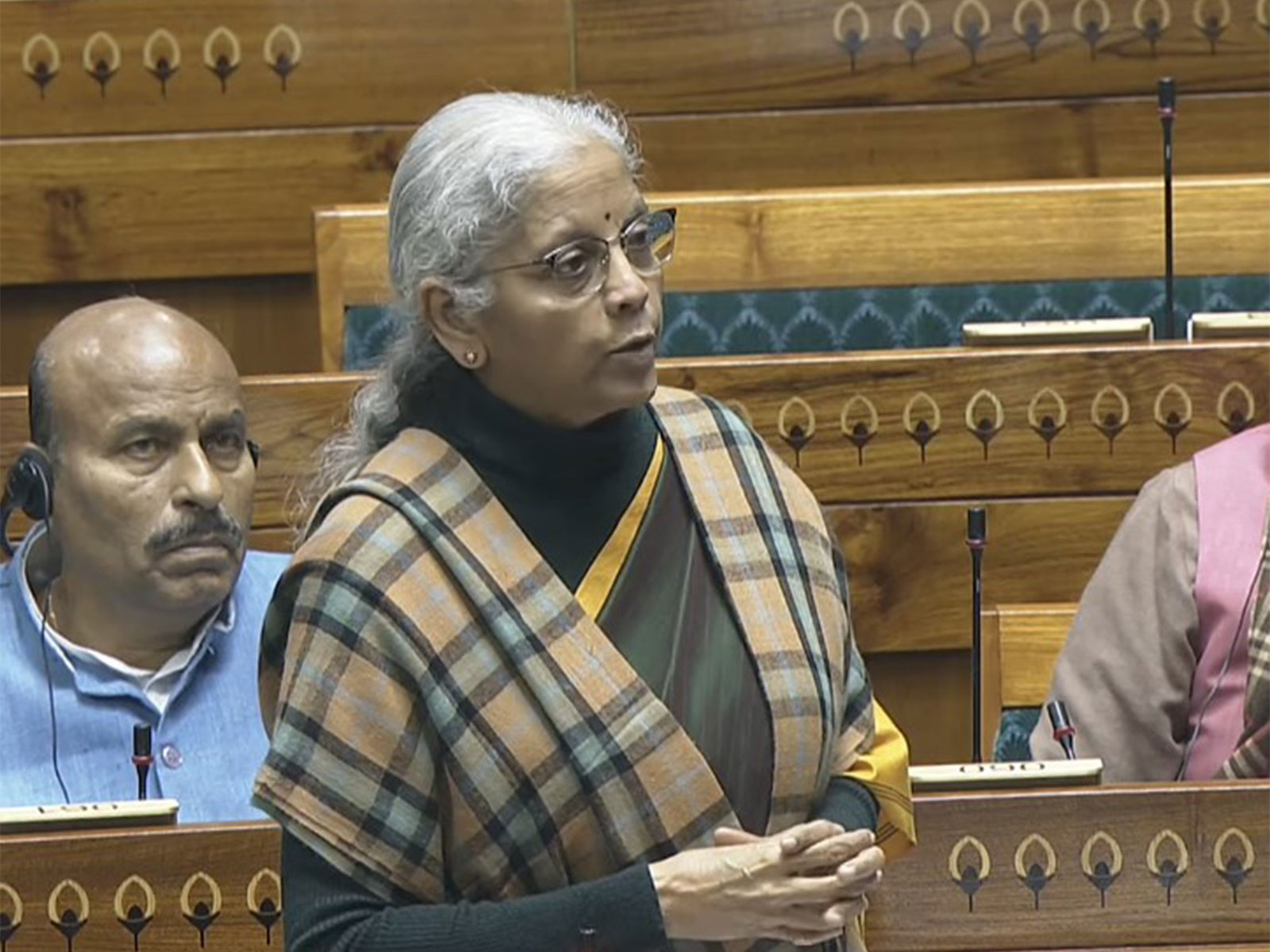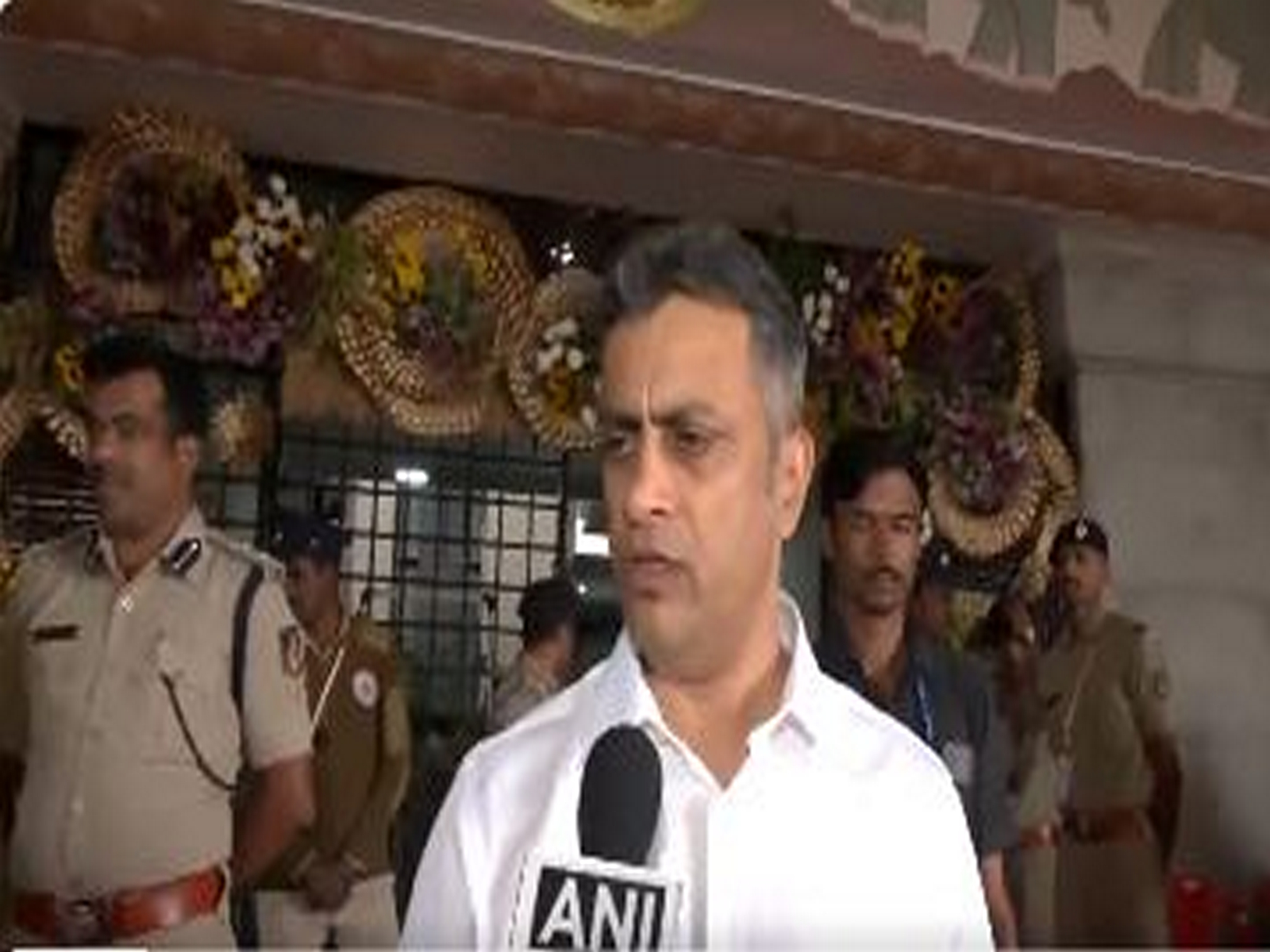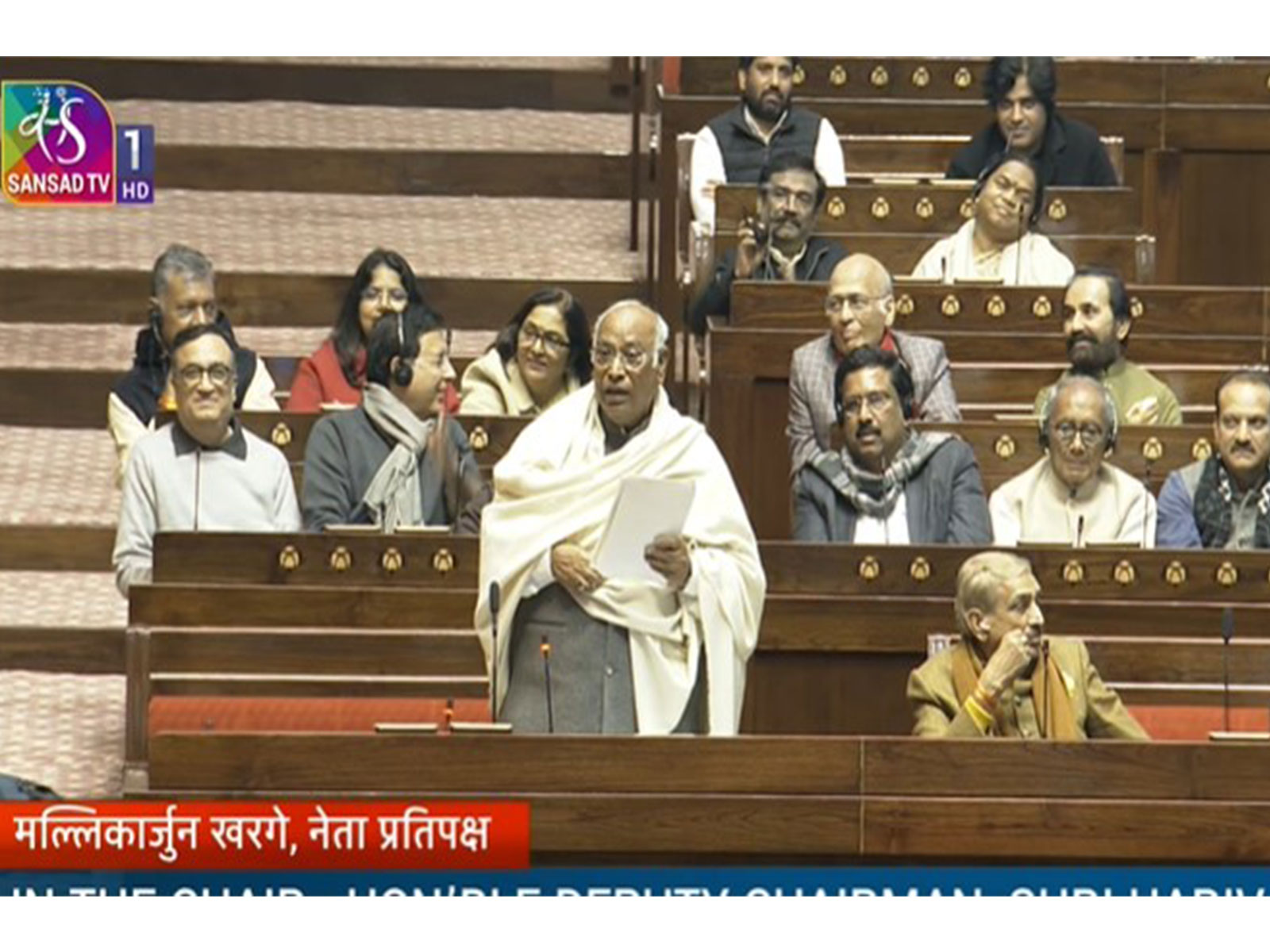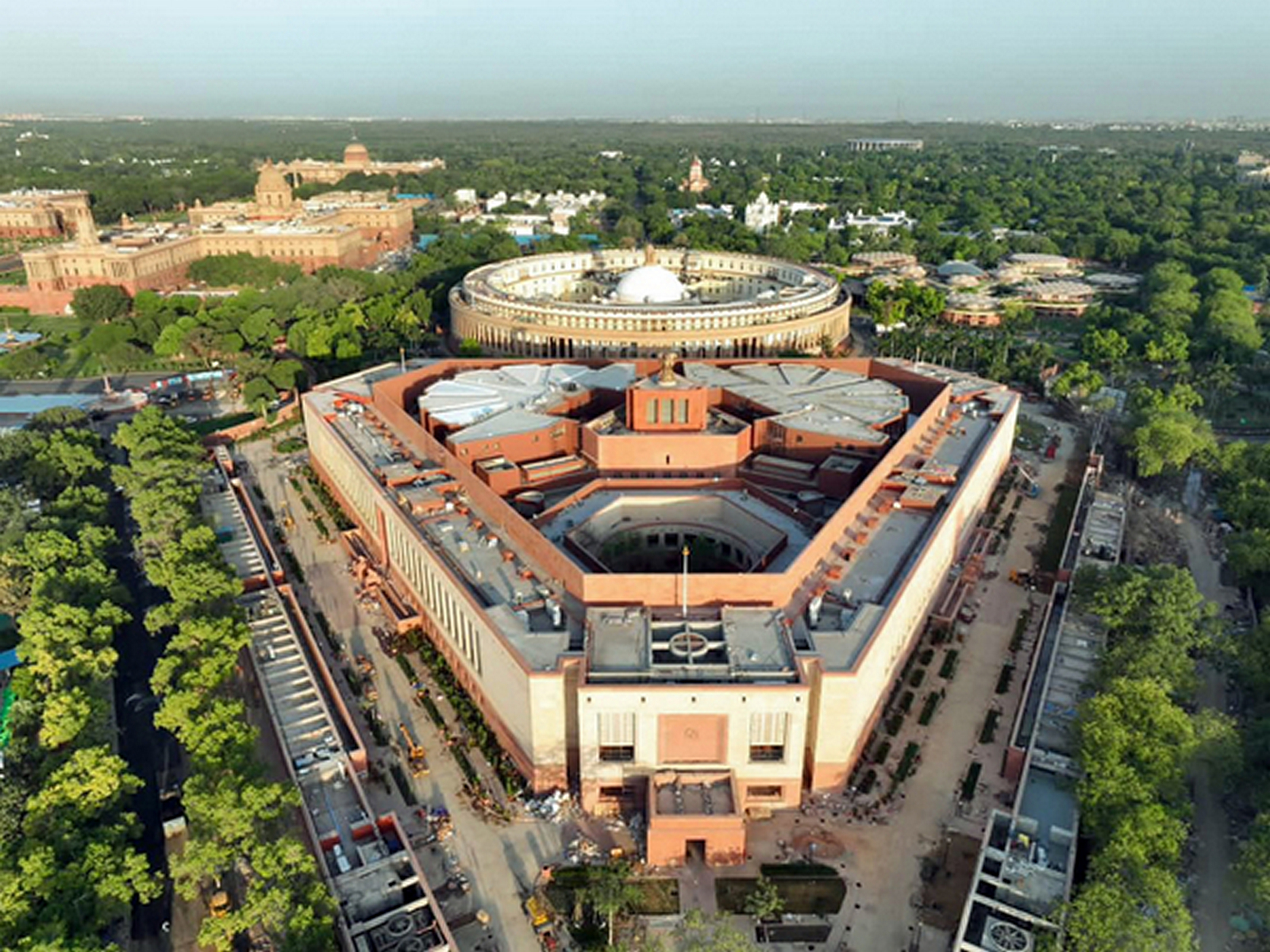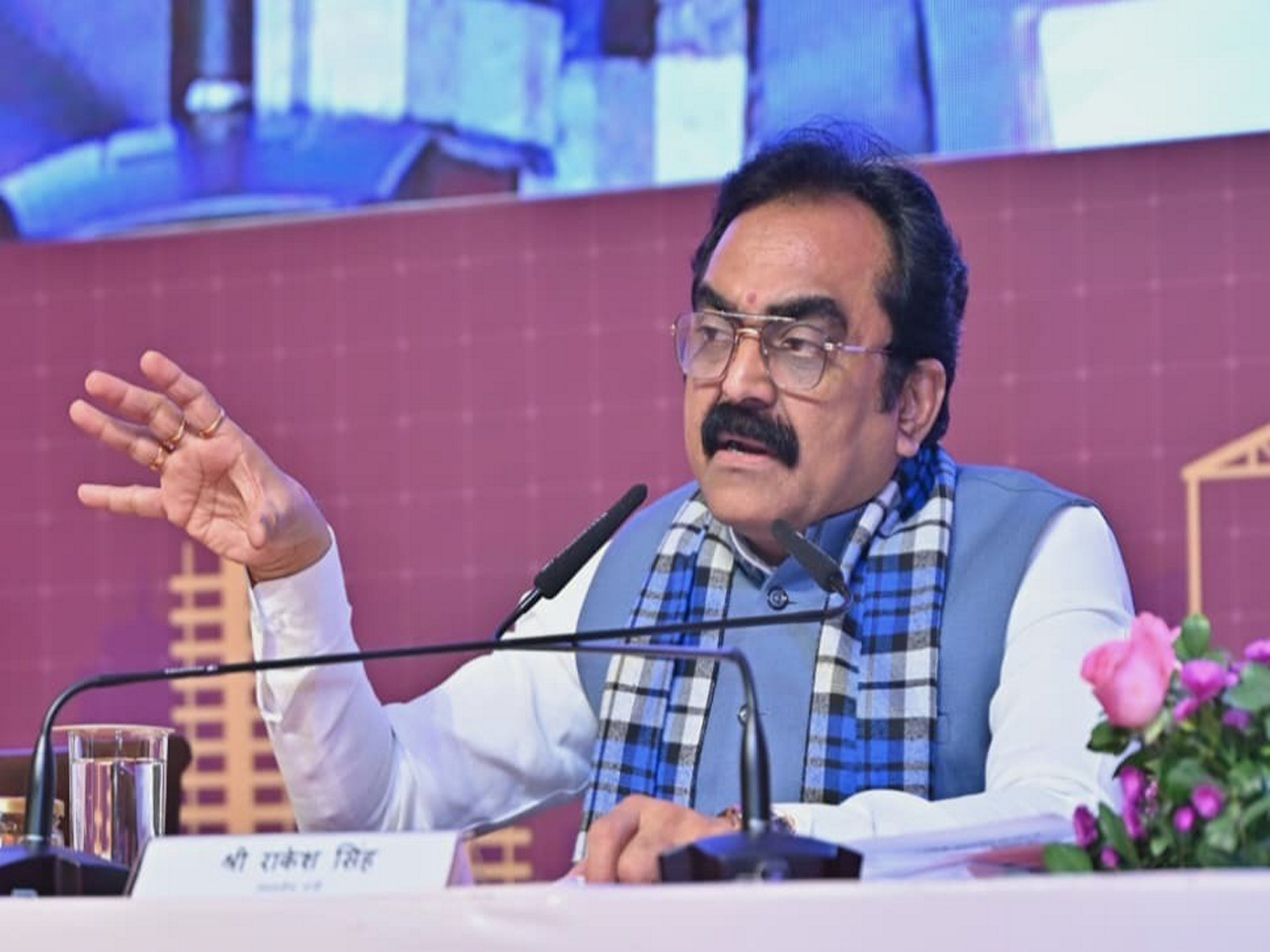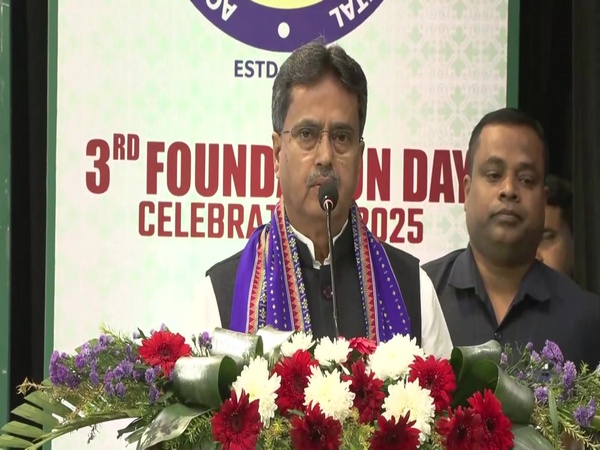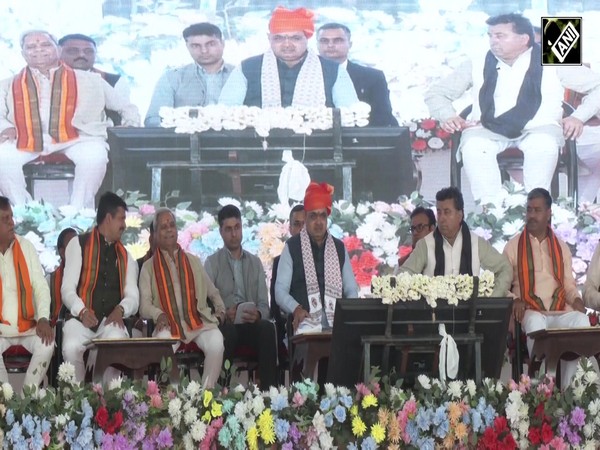Young India looking for Tax Rebates to invest in Realty
Jan 18, 2022

Gurugram (Haryana) [India], January 18 (ANI/NewsVoir): Real estate is the second-largest employer in the country and is also expected to incur more non-resident Indian (NRI) investment, both in the short term and the long term.
The sector stood strong in the most turbulent times and gave strength to the country's economic revival. Emerging as the most trusted, secured, stable and rewarding investment choice for investors, it is now essaying a defining role in taking India ahead and position it as a leader globally.
As the Indian Real Estate sector is moving towards a future of growth and resilience, the focus from now on is on exploring the uncharted paths, finding the underlying potentials, empowering stakeholders and establishing transparency and trust in the market.
Developers are awaiting a forward-looking Union Budget that focuses on strengthening the real estate sector's position in India's economic growth and making the market more attractive for investors and customers.
Talking on the budget expectations, Pankaj Bansal, Director, M3M India said, "66% young Indian population - below 35 years of age, are emerging as young millennials borrowers of home loans. It is also true that the home loans market is driven by young borrowers within the age group of 26-35 years - about 25%, and also by people in the age group of 36-45 years - about 28%. These are all active home loan audiences and jointly account for 53% of annual originations. The average ticket size of a home loan of young borrowers has continued to increase over the last 5 years, with a CAGR of 6.2%. The ticket size continues to increase more for women than men. The cumulative active home loan base of these borrowers has continuously grown over the last 3 years at a CAGR of 3.5%."
The dearth of disposable income has been a deterrent factor for salaried class towards taking home loan and buying real estate. Since the input cost in real estate has increased the rates, the salaried class is left with no other option but to approach for home loans from financial institutions. Interestingly, the tenure of repayment of home loan has now been fluctuating between 11-30 years.
He further added, "One of the deterrent factors for salaried class in home loans is EMIs formation. The EMIs are no more supportive since the financial institutions first draw a larger part of interest in the EMIs and the principal component is kept less in more than first 50% of the EMIs. As the EMIs near completion, the interest component becomes negligible and principal component is much higher. Even if the buyer has the provision of pre-payment of home loan, the buyer ends up paying the larger portion of principal amount rather than saving on the interest. Further, the financial institutions also levy heavy fees on pre-closure of loans. In case the buyer opts for higher tenure for loan repayment, it then makes it difficult for the buyer to invest in a second property."
To extend tax benefits to the buyers the government has also added a few subsections 80EE, 80EEA under the Income Tax Act but the volume of loan is not allowing buyers to gain desired additional benefits out of these sub-sections. What is perhaps needed in the Union Budget 2022 is to bring dynamic changes in the income-tax slabs and increase the rebates under section 80C, 80EE, 80EEA and 24(b) of the Income Tax Act.
"Repayment of principal amount in a home loan qualifies for deduction under section 80C, which has an upper limit of Rs. 1.50 Lakhs per annum. Since the same section - 80C, accounts for a number of other investments including PF, PPF and life insurance policies etc., it becomes impossible for a buyer to take advantage of any benefit out of this section. On the tax benefit for interest payment, since under section 20(b) of the Income Tax Act, there is a cap of Rs. 2 Lakh per annum on the interest part of the home loan, home loans being larger in size, the buyers are unable to take much benefit of the same too," said Bansal.
Buyers are looking forward to an increase in this limit in Union Budget-2022 since this limit has not increased in the last many years.
This story is provided by NewsVoir. ANI will not be responsible in any way for the content of this article. (ANI/NewsVoir)
